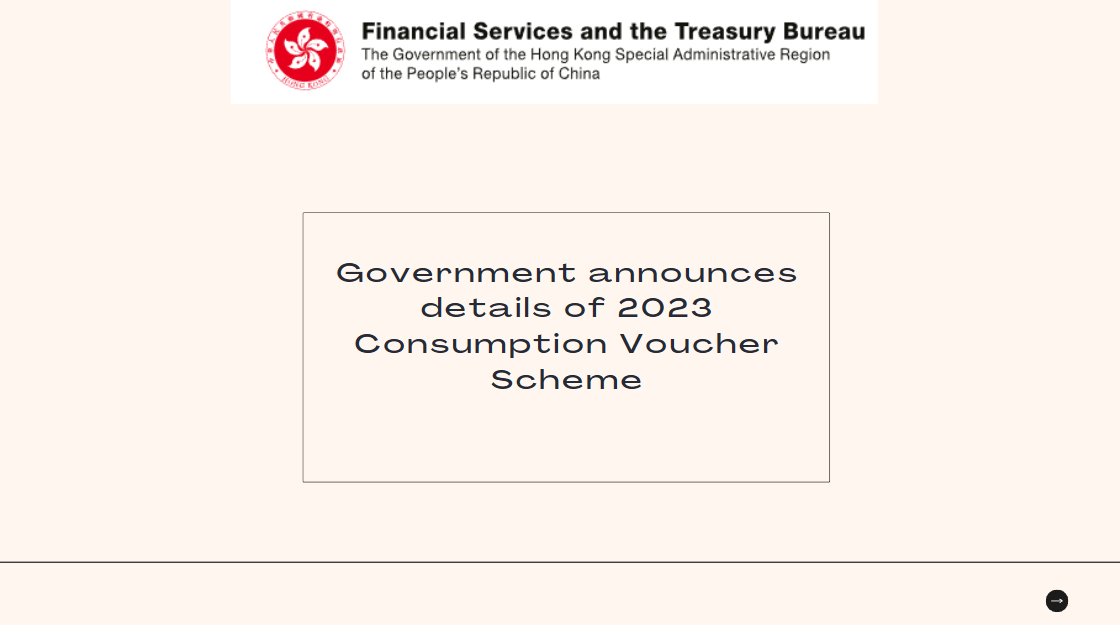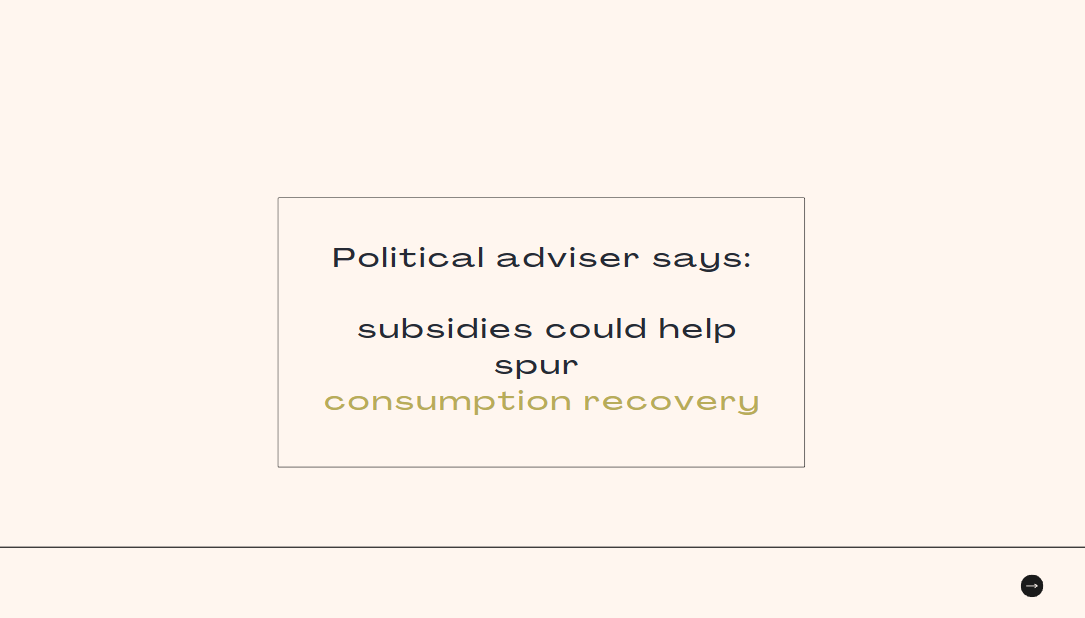RBI Working Paper No.05/2023: Reading Consumers' Minds - An Analysis of Inflation Expectations
Today the Reserve Bank of India placed on its website a Working Paper titled, “Reading Consumers' Minds: An Analysis of Inflation Expectations” under the Reserve Bank of India Working Paper Series1. The paper is authored by Purnima Shaw.
The heterogeneity in the consumption baskets of households is often deemed responsible for the deviation of households’ inflation expectations from the headline inflation number.
A novel approach is proposed in this paper to verify this by simulating heterogeneous population consumption baskets and estimating the mean inflation by sampling the baskets. The estimated mean inflation using a random approach fails to display closeness with the survey numbers. Therefore, the paper proposes alternative logical methods for designing basket compositions and identifies the most suited method using which the estimated expectations are found to be close to and well-correlated with the survey numbers.
The findings suggest that a sudden rise in inflation in items of regular use can explain the deviation in households’ inflation expectations from the official inflation figures. The deviation of survey expectations from the headline inflation can, thus, be explained effectively over and above the other factors viz., demographic characteristics and exposure to media reports, which influence the formation of inflation expectations. This attempt to identify the source(s) of disagreement in inflation expectations with respect to the official inflation can help in understanding consumers’ inflationary expectations better for use in inflation analysis.

1.The Reserve Bank of India (RBI) introduced the RBI Working Papers series in March 2011. These papers present research in progress of the staff members of the RBI and at times also those of external co-authors, when the research is jointly undertaken. They are disseminated to elicit comments and further debate. The views expressed in these papers are those of the authors and not necessarily those of the institution(s) to which they belong. Comments and observations may please be forwarded to the authors. Citation and use of such papers should take into account its provisional character.




















































First, please LoginComment After ~